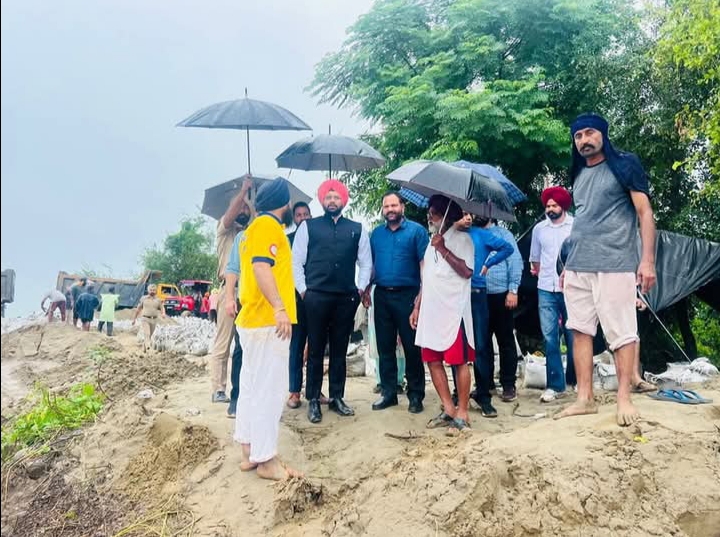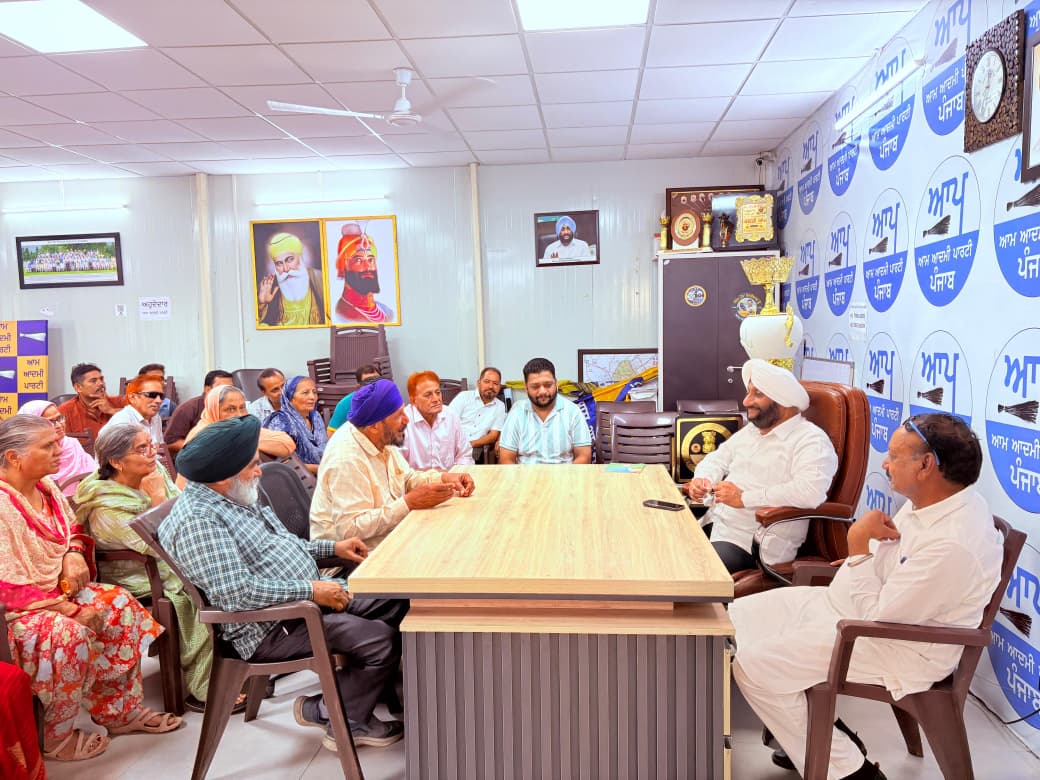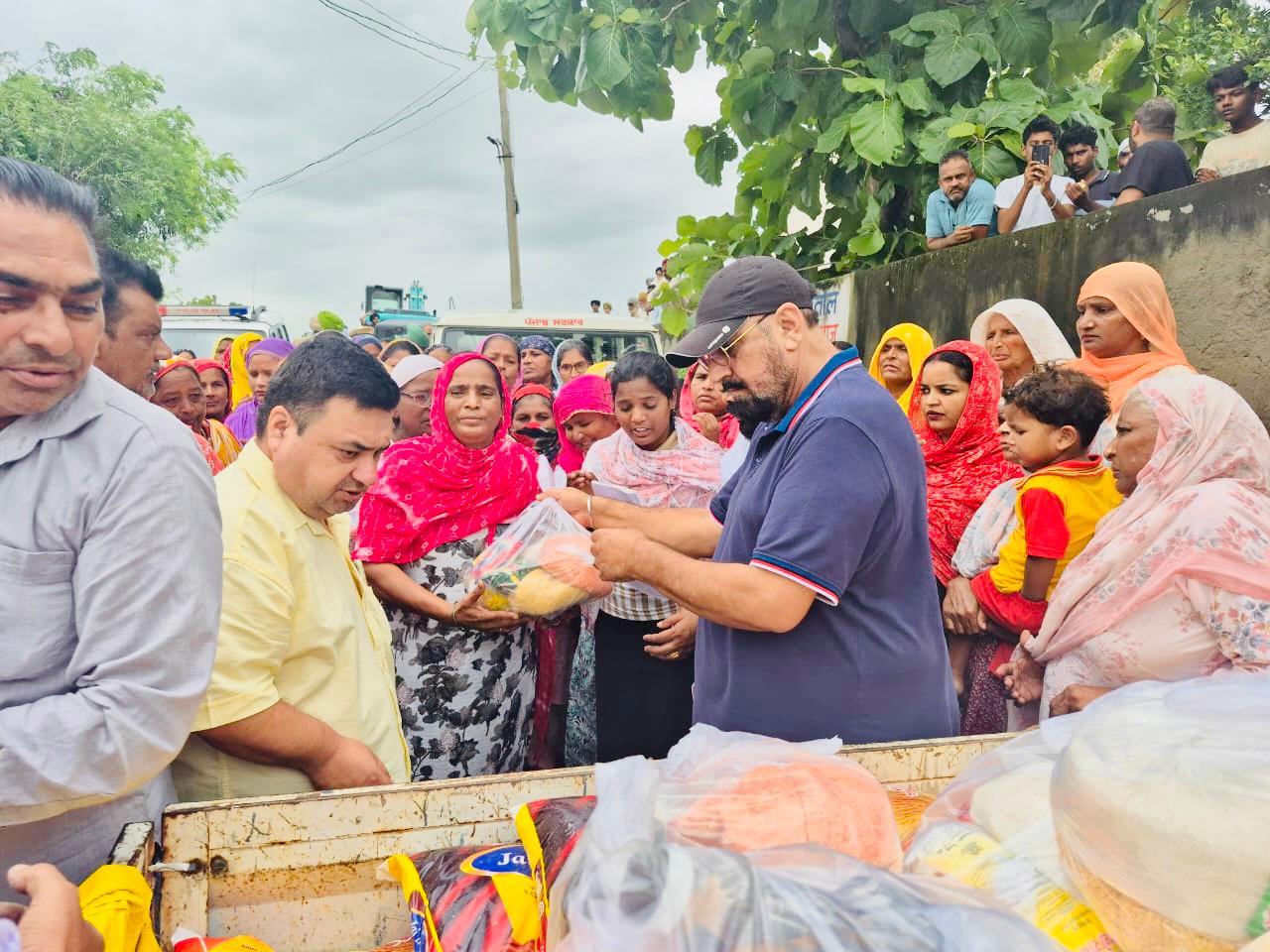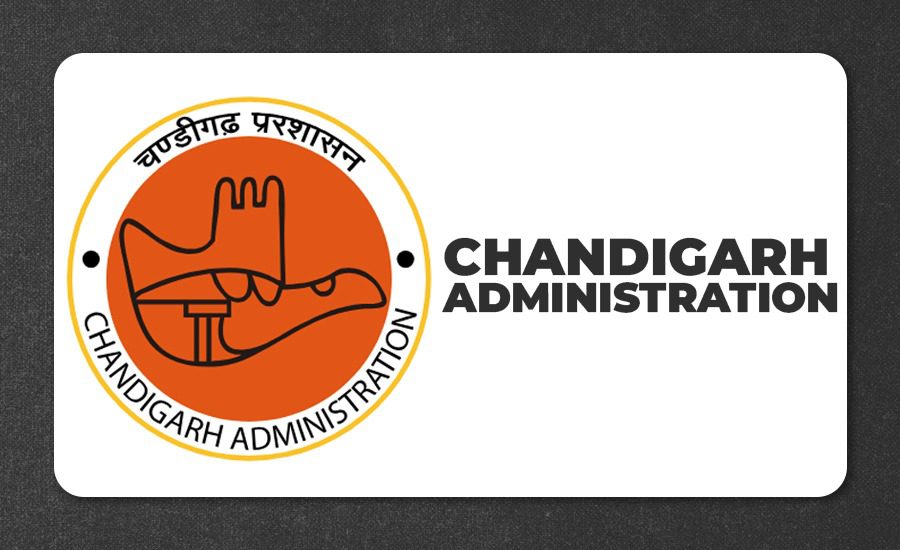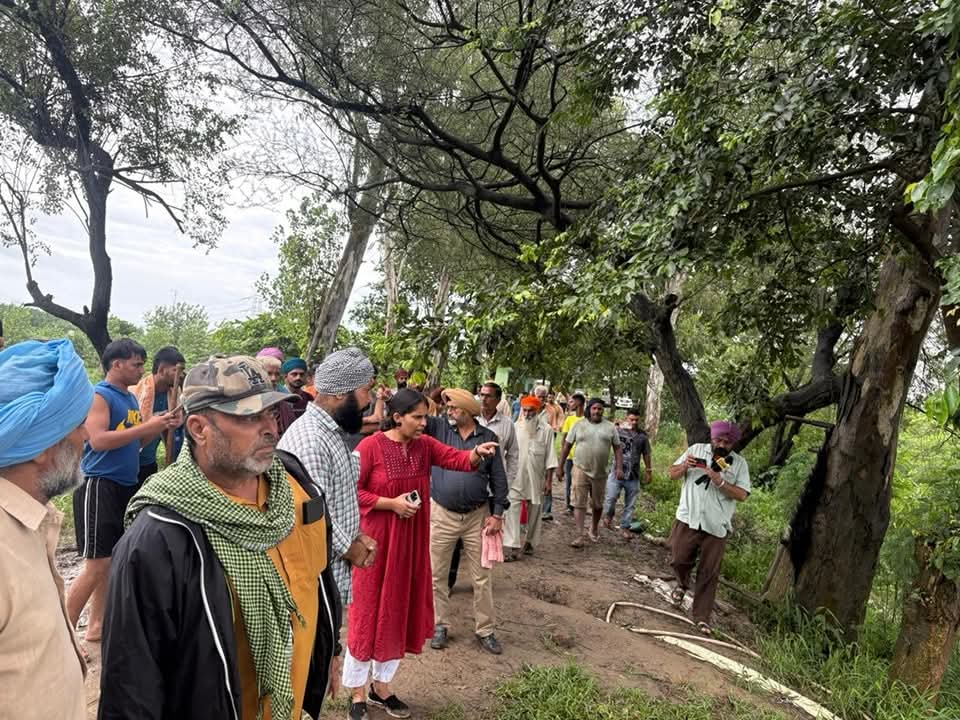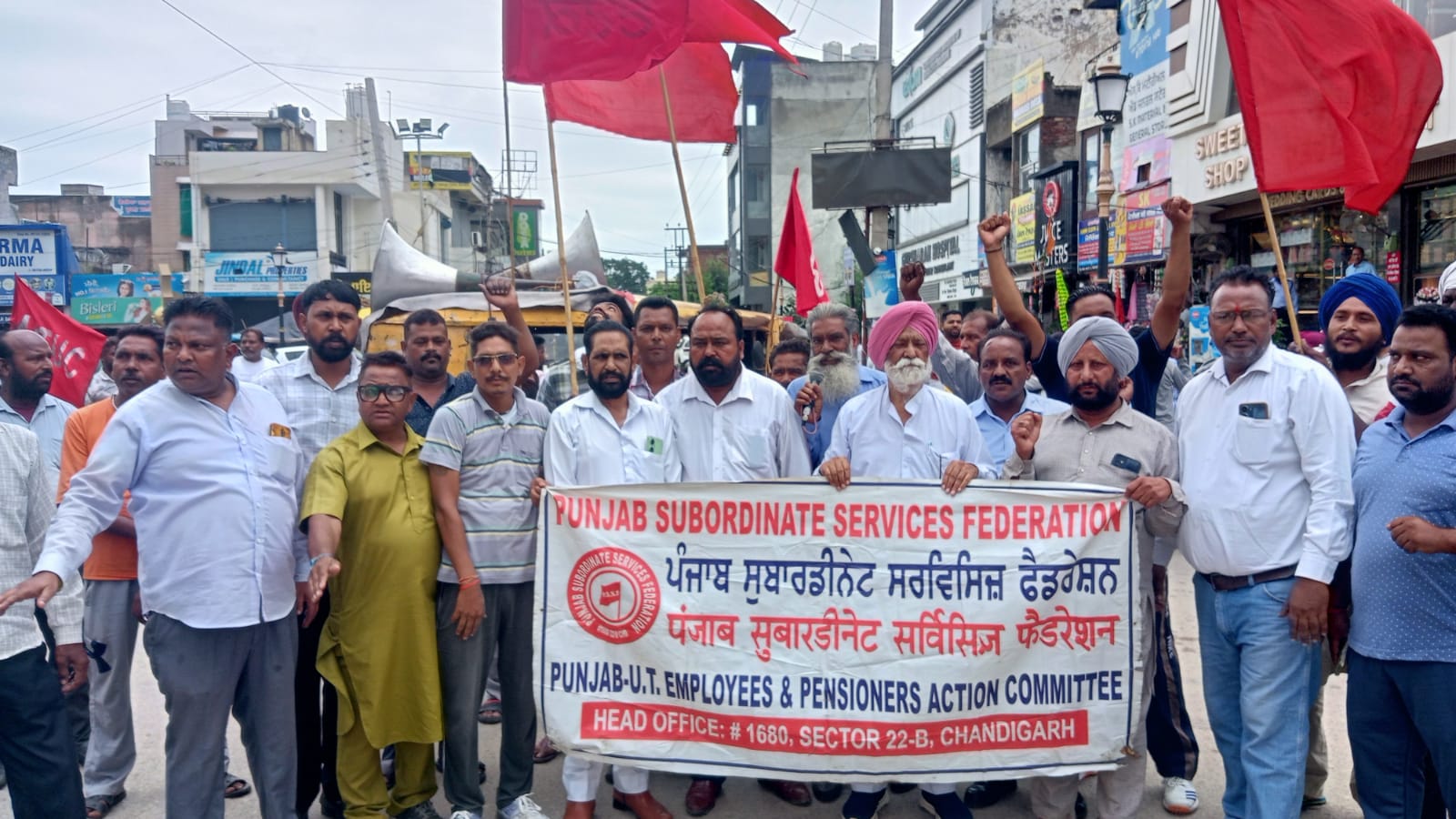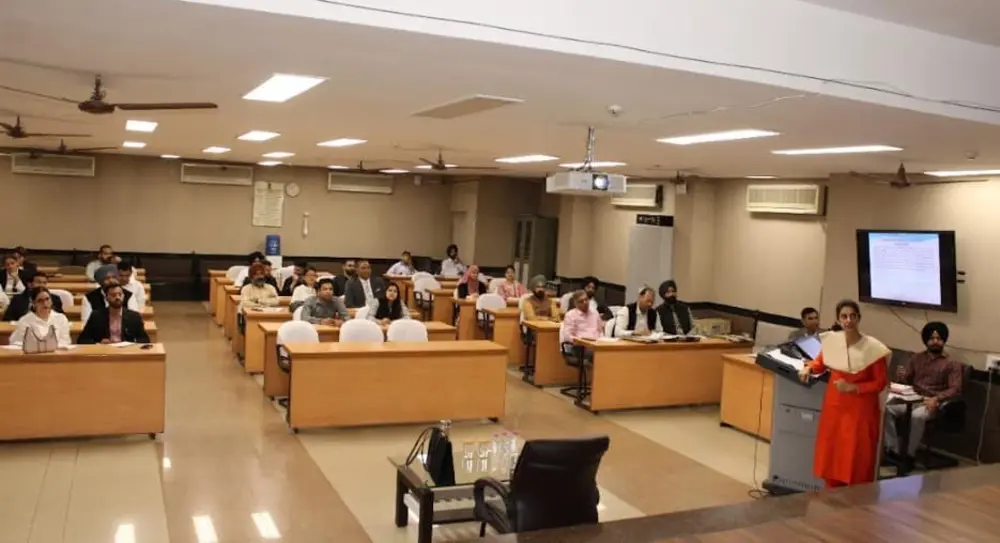
Training Programme on Legal Aspects in Cases of Domestic Violence, Dowry Harassment/Death and POSHS Act and Victim Compensation Schemes for Public Prosecutors Organised
SAS Nagar, March 18: Central Detective Training Institute, Chandigarh organised a training programme on Legal Aspects in Cases of Domestic Violence, Dowry Harassment/Death and POSHS Act and Victim Compensation Schemes for Public Prosecutors posted all over India.
SAS Nagar, March 18: Central Detective Training Institute, Chandigarh organised a training programme on Legal Aspects in Cases of Domestic Violence, Dowry Harassment/Death and POSHS Act and Victim Compensation Schemes for Public Prosecutors posted all over India.
Ms. Surabhi Parashar, CJM-cum-Secretary, District Legal Services Authority, SAS Nagar while addressing the gathering apprised the Public Prosecutors about various provisions of Dowry Harassment/Death cases under Dowry Prohibition Act (Act 28 of 1961), Dowry Prohibition (Amendment) Act, 1984 and BNS-2023. He informed that to deal with the growing problem of dowry deaths as per the Dowry Prohibition (Amendment) Act, 1986, Section 80 BNS, 2023 provides that where the death of a woman occurs due to burns or bodily injury caused or caused by any other act other than normal within seven years of marriage and it is shown that immediately before the death of the woman she had been subjected to cruelty or harassment by her husband or his relatives for or in relation to any demand for dowry, such death shall be termed as "dowry death" and the husband or relatives shall be deemed to have caused her death.
He also informed the prosecutors that Section 498-A, IPC (now Section 85 BNS, 2023) was introduced in the Penal Code by the Criminal Law (Second Amendment) Act, 1983, which came into force from December 25, 1983. Secretary, DLSA also apprised the Public Prosecutors about the provisions of POSH Act and discussed about the guidelines given by the Hon’ble Supreme Court in the case of Vishaka and others vs State of Rajasthan.
He also discussed the important judgment delivered in the case of Aureliano Fernandes vs State of Goa and others, wherein the Hon’ble Supreme Court has highlighted several loopholes and gaps in the implementation of the Sexual Harassment of Women at Workplace (Prevention, Prohibition and Redressal) Act, 2013. Sexual harassment also includes conduct of colleagues who indulge in verbal or physical harassment, sexual advances, requests or demands for sexual favours explicitly or impliedly in exchange for employment, promotion or examination, molestation, unsolicited invitation to meet outside the office, obscene comments or jokes, physical confinement against one’s will and invasion of one’s privacy etc., which have the potential to humiliate or embarrass an employee or the Company.
She explained in detail about the steps to be taken to prevent sexual harassment at workplace and guided the audience by giving various tips like dealing with the harasser directly, not pretending that it did not happen, immediately inform the alleged harasser that this behaviour is undesirable, demand that harassment stop.
Besides, training was also provided on topics like Punjab Compensation Scheme, 2017 and NALSA Compensation Scheme for Victims/Aggrieved Women of Sexual Harassment/Other Crimes-2018.

